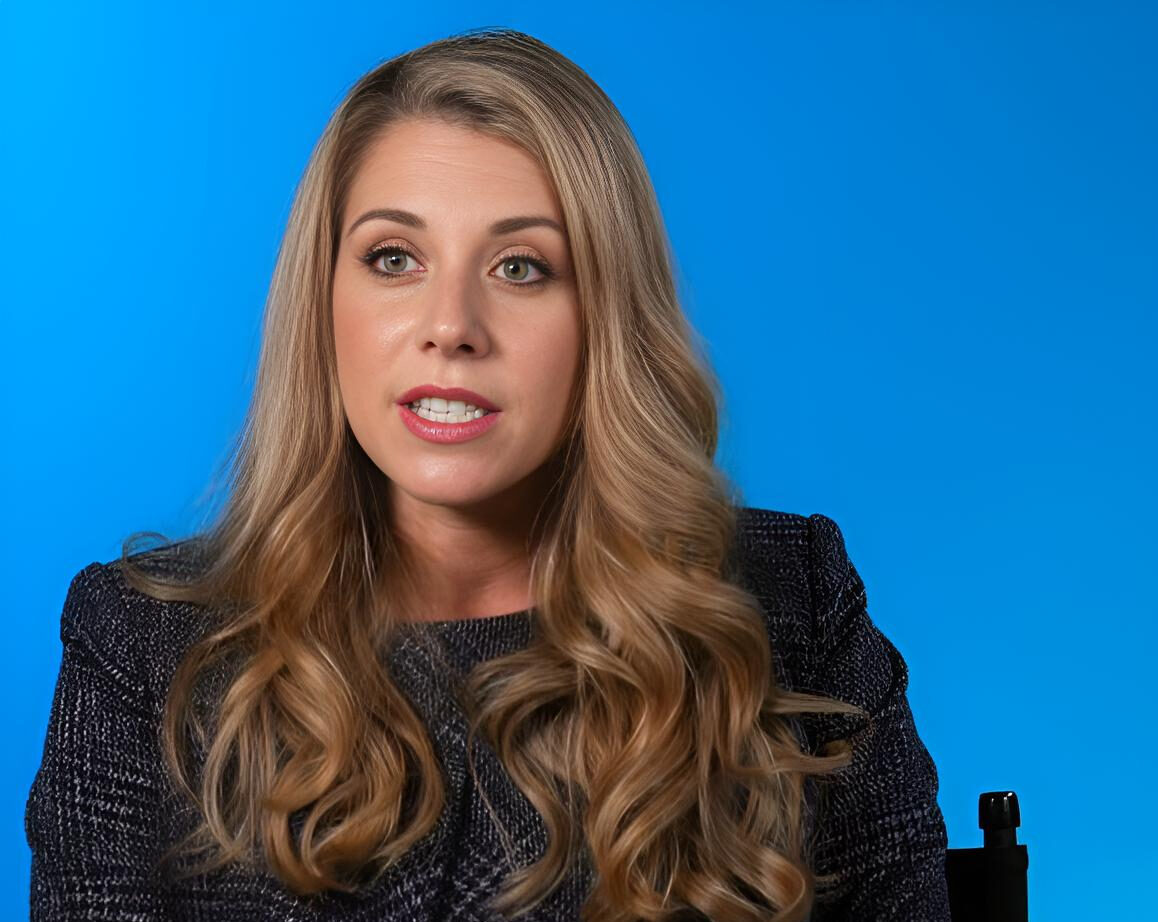Rebecca Shatsky shared on X:
“Leptomeningeal carcinomatosis used to be an immediate death center in cancer, but now with multi-disciplinary care are patients can live longer and better. Sadly it’s REALLY difficult to get grants to fund the research.
Since government grants for clinical research are basically impossible to get. One of things oncology researchers depend on is philanthropy from grateful or interested patients and families. But many patients and families don’t even know this is an option.
If you see a specialist who does research in your condition, please consider getting friends and family together (if you’re in a situation that you can) to donate directly to their research so that we can keep making progress in terrible diseases.
We all (academic researchers) have philanthropy mechanisms where patients can set up dinations that go directly to study of a certain condition (like breast cancer lepto) or lobular breast cancer, or triple negative breast cancer etc. This honestly can help MORE than charities.
People often get their friends to donate to major charities or non-profits on their behalf, but it may directly benefit you much more to get that money to your academic specialist who is actively conducting research in YOUR disease. So that they can move the field forward.
When I try to get grants for my leptomeningeal disease or lobular breast cancer research, grant reviewers often say it is “too rare” and doesn’t effect enough patients, or it isn’t designed to cure. While patients are sitting there suffering.
Even tiny amounts can help! But especially if you had a fundraising party, a $10 donation could turn into much more.
Just wanted to get the word out to the patient and patient advocacy community that if you want to make a difference in your disease, philanthropy to a specific project and not donations to a giant organization that uses money to advertise, may make the most difference.”
Source: Rebecca Shatsky/X
Rebecca Shatsky is an Associate Professor at UC San Diego Health, Breast Medical Oncology Co-Team Leader, Scientific Director of the Inflammatory and Triple Negative Breast Cancer Program. She is a member of the NCCN guideline panel for Genetic/High-Risk Assessment of Breast, Ovarian and Pancreatic Cancer and the panel for the treatment of Cancer-Associated Pain.
Her work has been published in JAMA Oncology, Cancer Cell and Molecular Cancer Therapeutics, among others. Dr. Shatsky is a member of the American Association for Cancer Research and the American Society of Clinical Oncology.


